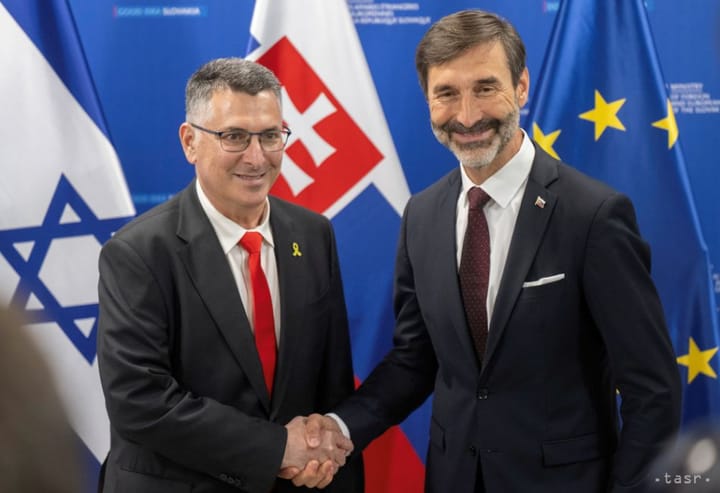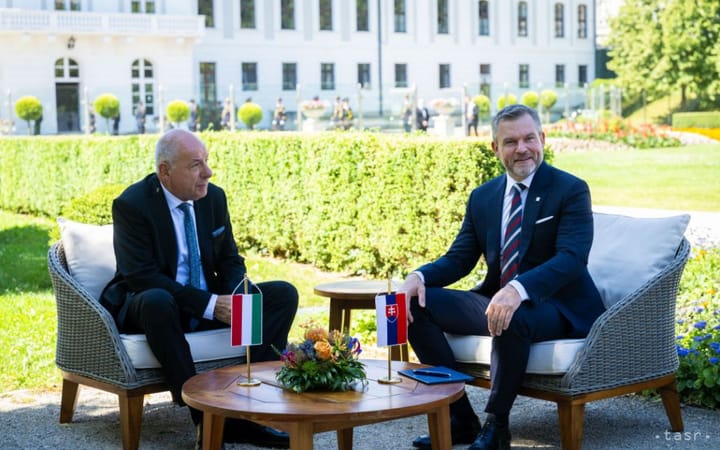Zantovsky: Peace in Syria Won't Stop Migration Flows to Europe

Bratislava, May 13 (TASR) – Syria, as we knew it in the past, no longer exists and the odds of the country being reunited are extremely low, former Czech diplomat and Vaclav Havel Library director Michael Zantovsky told TASR in an interview.
“The future of Syria likely lies in the division into cantons, similarly as it is in neighbouring Lebanon. This will lead to the creation of enclaves under decentralised control of religious or ethnic groups such as, for instance, Alawites, Sunni Muslims and Kurds,” said Zantovsky, who is sceptical about the notion that a potential peace in Syria could stop the migration flows to Europe.
“Among migrants, Syrians form only one group of many. Other refugees from countries such as Iraq, Afghanistan, Pakistan or from Sub-Saharan Africa have nothing to do with the Syrian conflict. The migration flow can be stopped only by a concerted EU policy, when every member realises that the union not only has the right but also the duty to secure its external borders, make a decision on the degree of migration it can afford and distinguish who are economic migrants and who are war refugees. All this is much more complex than the war in Syria,” stressed Zantovsky, who served for years as the Czech ambassador to Israel.
According to Zantovsky, the greatest risk for EU existence lies in the lack of unity when addressing serious problems. Despite this, however, Zantovsky voiced his understanding for the stance of Visegrad Four (V4: Czech Republic, Hungary, Poland, Slovakia) countries that rejected the mandatory migrant resettlement quotas for the EU. “The quotas represented a solution of last resort, the democratic nature of which is debatable. What’s worse, this solution has never been feasible. And when it comes to policies, if there’s one thing worse than a bad decision, then it’s a non-feasible decision. I’m saddened, however, that before the V4 countries rejected the bad and undemocratic decision, they hadn’t shown co-responsibility for the fates of people fleeing from war, hunger and death. Before saying pragmatic ‘no’, they should have also said moral ‘yes’, which was necessary to hear,” concluded Zantovsky.



